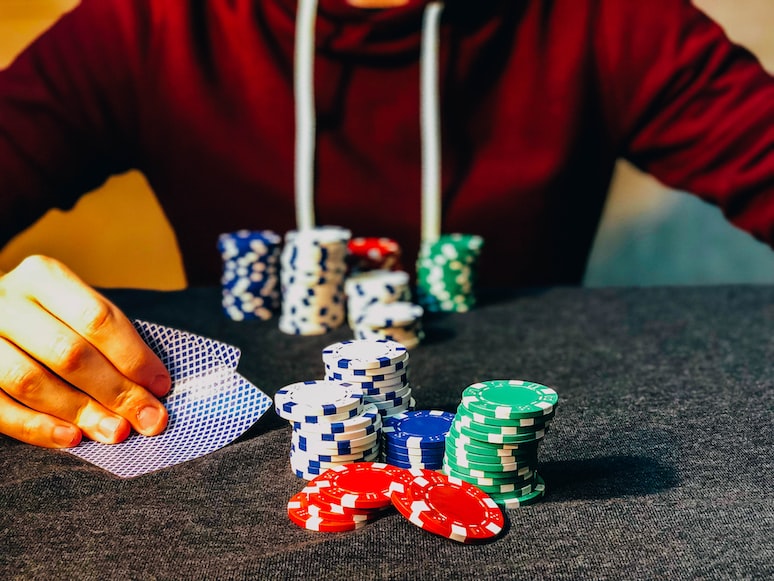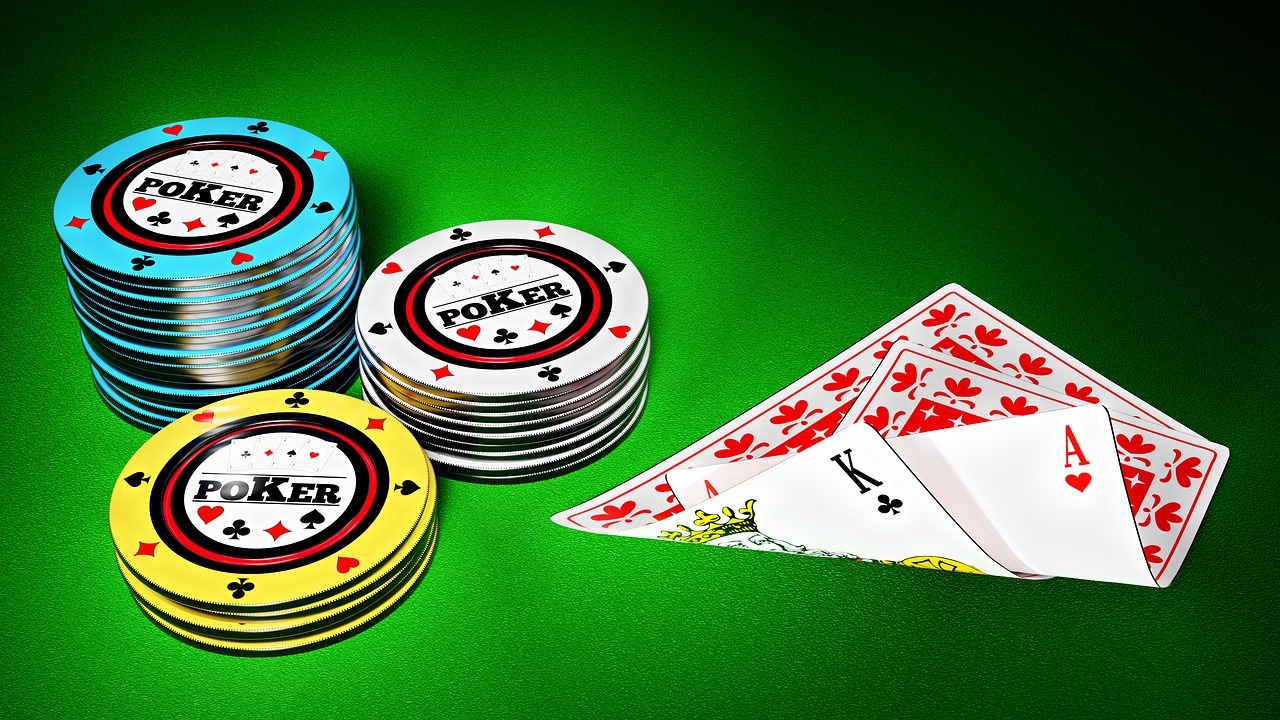Poker players frequently experience the phenomena known as “tilting”, in which their emotions take over and cause them to make bad decisions. While various reasons can cause it, one often neglected factor is fatigue. Poker players, even experts, sometimes underestimate how detrimental playing while exhausted can be.
We’ll look at a few of the indicators that could let you know when fatigue is beginning to set in this article. We’ll also discuss ways to prevent your tiredness from taking control, resulting in unwise decisions at the poker table.

Photo by Pixabay
Why Is It Crucial to Know You’ve Reached Your Limit?
Everyone gets tired at some point. It’s only natural for the body to need rest, and even the best poker players are no different. Like professional poker players, you must always be mindful of your mind and body.
Knowing when you’ve reached your limit and are too tired to play poker can make all the difference. Playing poker requires focus, patience, and a clear head. If you’re exhausted, you’ll make irrational decisions that can prove costly.
Knowing your body language, focus, and decision-making ability might help you determine when it’s best to leave the poker table. This break can help you recharge, refocus, and return to the table with a clear mind, ready to take on the competition.
Remember, recognizing your limits is the first step towards becoming a successful and professional poker player.
What are the Signs You’re Too Tired?
As with any characteristic, each person has their own markers indicating they’re too tired to continue playing poker. However, there are some common signs everyone should be aware of. Here are some of the most common indicators of tiredness while playing poker:
You Find Great Difficulty in Understanding What Is Happening at the Table
Playing poker requires skill, focus, and concentration. As such, exhaustion can significantly impact a player’s ability to strategize effectively.
One of the most obvious signs that you’re too tired to play poker is when you find difficulty in understanding the situation at the poker table. You might miss important details, misread your opponents’ actions, or struggle to keep track of the cards on the table.
Everything’s a Blur, Literally
Playing poker for extended periods can take a toll on the body and mind. One of the more physiologic signs that you’re pushing yourself too hard is when you have blurred vision.
Everything on the table and around you starts to blend, making it challenging to focus on the game. This indicates that you’re too tired to continue playing poker. In this state, decision-making can become impaired, leading to costly mistakes.
Poker champion Daniel Negreanu knows this all too well. In 2016, he shared that he almost made a $3000 mistake after having only read “A-5 Lowball” and missing the part where it stated “Single Draw” in a poker match. This led him to play the game wrong and re-raising after the small blind raise.
Luckily, his opponent allowed him to fix his error before proceeding with the game. It’s important to remember that not everyone is given a do-over like Negreanu, so it’s best to know when your body is too tired to proceed.
You’re Easily Irritated
One of the signs that you’ve hit the wall is if you find yourself easily irritated. Simple mistakes or small comments can suddenly seem like significant offenses, and you may find yourself lashing out without meaning to.
Sometimes, you may not notice that you’re becoming more reactive than usual. Being so can have a significant impact on your gameplay and overall performance.
It can not only interrupt your concentration, but it can also make other players nervous, making it more difficult for you to predict their actions.

Photo by Pixabay
You’ve Lost Interest in the Game
Passion for the game is one of the critical characteristics of successful pro poker players. If you suddenly lose interest in playing and would rather be doing something else, it’s usually a sign that you’re close to being fatigued, if not already. Poker can feel like a chore when fatigue sets in, and your enthusiasm may wane.
Moreover, having an apathetic attitude isn’t likely to help your chances of prevailing. Feeling like the poker game is more taxing than exhilarating is a sign that you’re too tired to play.
You’re Making Rookie Mistakes
The longer you play poker, the better and wiser you become. However, if you make rookie mistakes or careless blunders during the game despite your experience, this may indicate exhaustion.
When tiredness sets in, it might impair your judgment and cause you to make snap judgments that do not consider all the relevant factors. What’s worse is if your opponents can pick up on this, they can take advantage of your weakened mental state.
How Can You Prevent Being Too Tired?
Being tired is normal, especially if you’re playing for long hours. Knowing when your body needs a break is vital to avoid costly mistakes. There are several ways to prevent fatigue from kicking in.
First and foremost, try to maintain good nutrition and assess which meals make you feel most energized. Eating well-balanced meals can help keep your concentration levels up throughout the game.
Additionally, taking regular breaks and stretching your body can also help reduce the onset of exhaustion. Even having brief recovery periods between games could help you maintain focus and avoid weariness.
Finally, obtaining enough sleep and rest is crucial for preserving the best levels of focus and alertness. Good quality sleep is just as important as any other poker strategies, tactics, and skills.

Photo by Pixabay
Conclusion
Because fatigue and exhaustion can impact your performance greatly, it’s crucial to be aware of the symptoms and know when to take a break.
Taking breaks and even deciding to stop playing for the day is critical for strengthening your poker skills and, eventually, increasing your chances of success.
Should you realize that fatigue has already started to set in, remember that you can prevent it from worsening by paying attention to your body and deciding when to take time off.
A competent poker player recognizes when their body is too weary to continue playing, and this understanding allows them to make informed decisions that can lead to long-term success.
Understanding these signs can help beginners become better players, while experienced professionals will benefit from being able to recognize when they need a break. By learning to recognize the signs of exhaustion, poker players can take steps to prevent fatigue from setting in and become more successful in their games.
Ultimately, paying attention to your body’s signals, getting enough sleep and rest, eating a balanced diet, and taking regular breaks are vital to avoid the consequences of playing when you are too tired.
With proper care, you can remain focused and engaged throughout the game, regardless if it’s a Texas Holdem game, Omaha, or classic poker.


